Journal
-
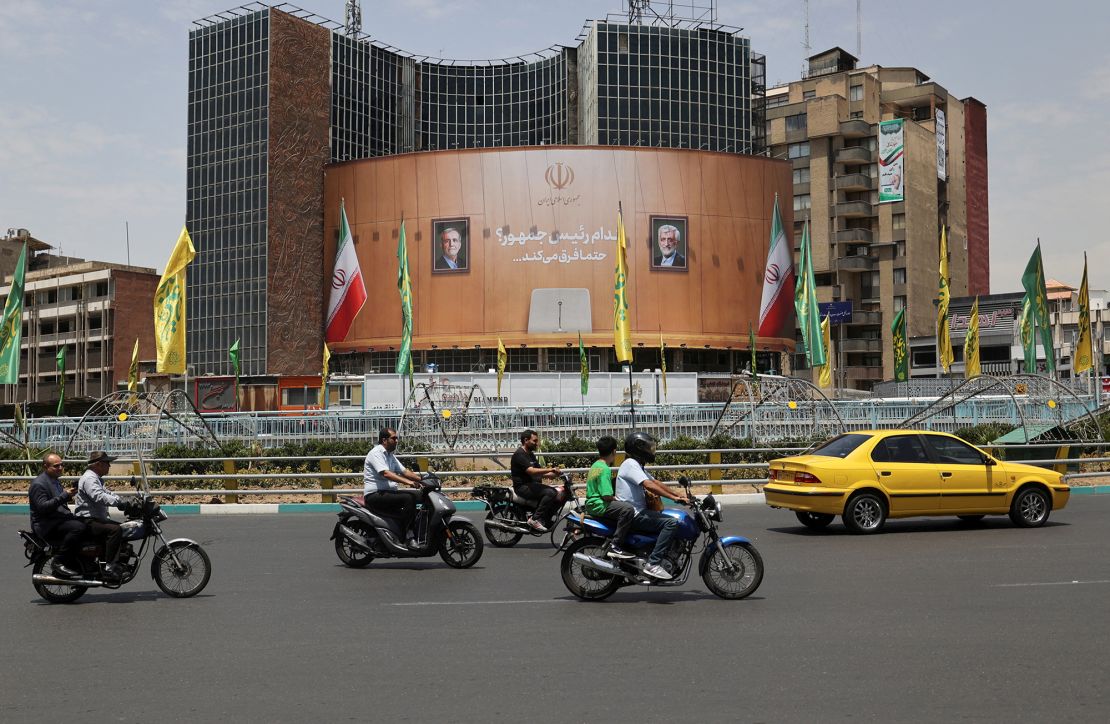
Understanding Iran’s Election Engineering and its Global Ramifications
•
The post discusses the intricate political dynamics in Iran involving its relationships with Russia, the West, and China. It highlights Interior Minister’s statement on a “new era” and Vladimir Putin’s concern about Iran-Russia relations amid presidential elections. The narrative points to Iran’s need to engage with the West to ease…
-
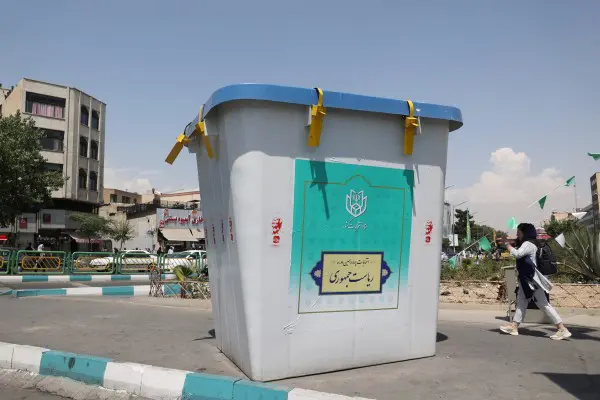
The Complex Dynamics of Voting in Iran: Aspirations, Realities, and Repression
•
The political situation in Iran is like a patient with 80% of their body affected by leukemia or AIDS. Those who still have hope in this sick and paralyzed democracy ask what should be done with this patient. They don’t abandon the patient but use their energy to keep him…
-
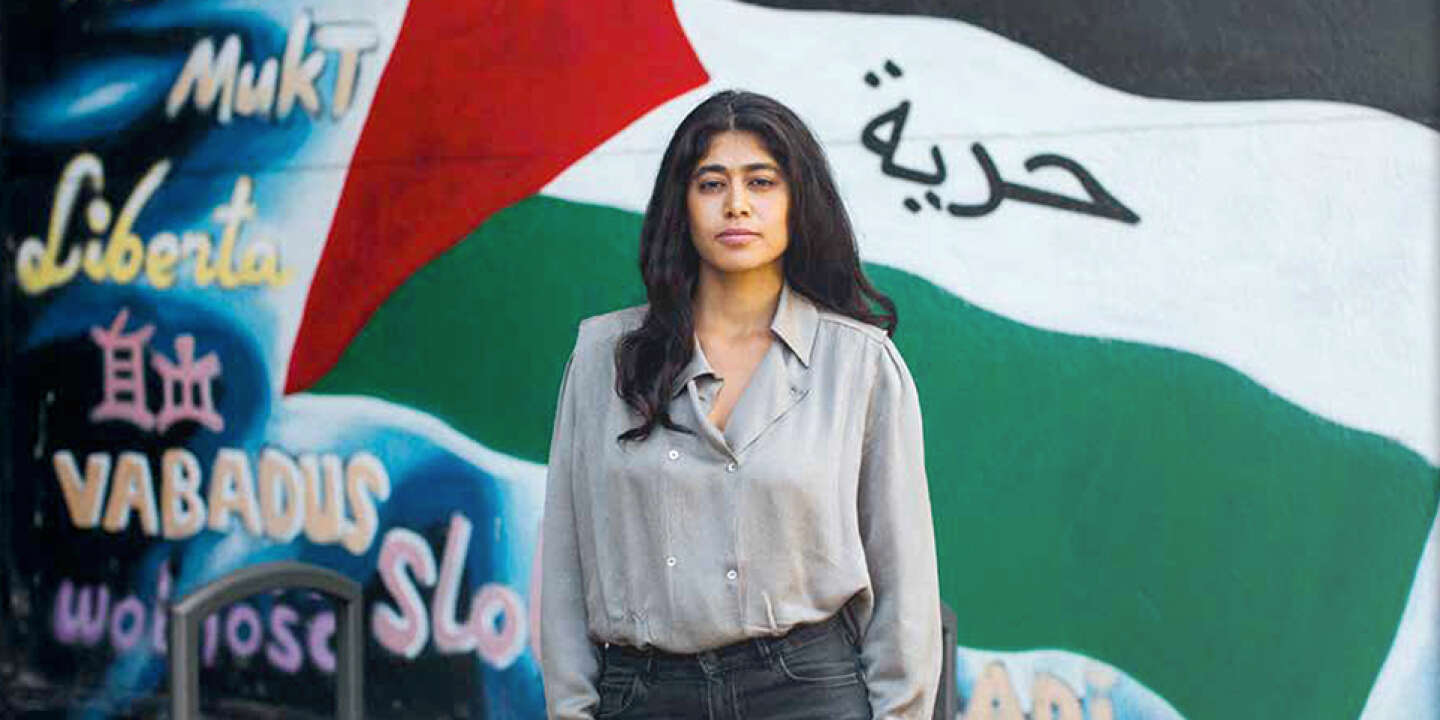
Rima Hassan: The Controversial Advocate of Palestinian Rights in France
•
Rima Hassan, a 32-year-old legal scholar and activist, has made history by becoming the first French-Palestinian member of the European parliament. Her party, the left-wing France Unbowed (La France Insoumise, LFI), obtained 9.89 percent of the votes cast on EU elections and is now sending nine MEPs to Brussels. The…
-
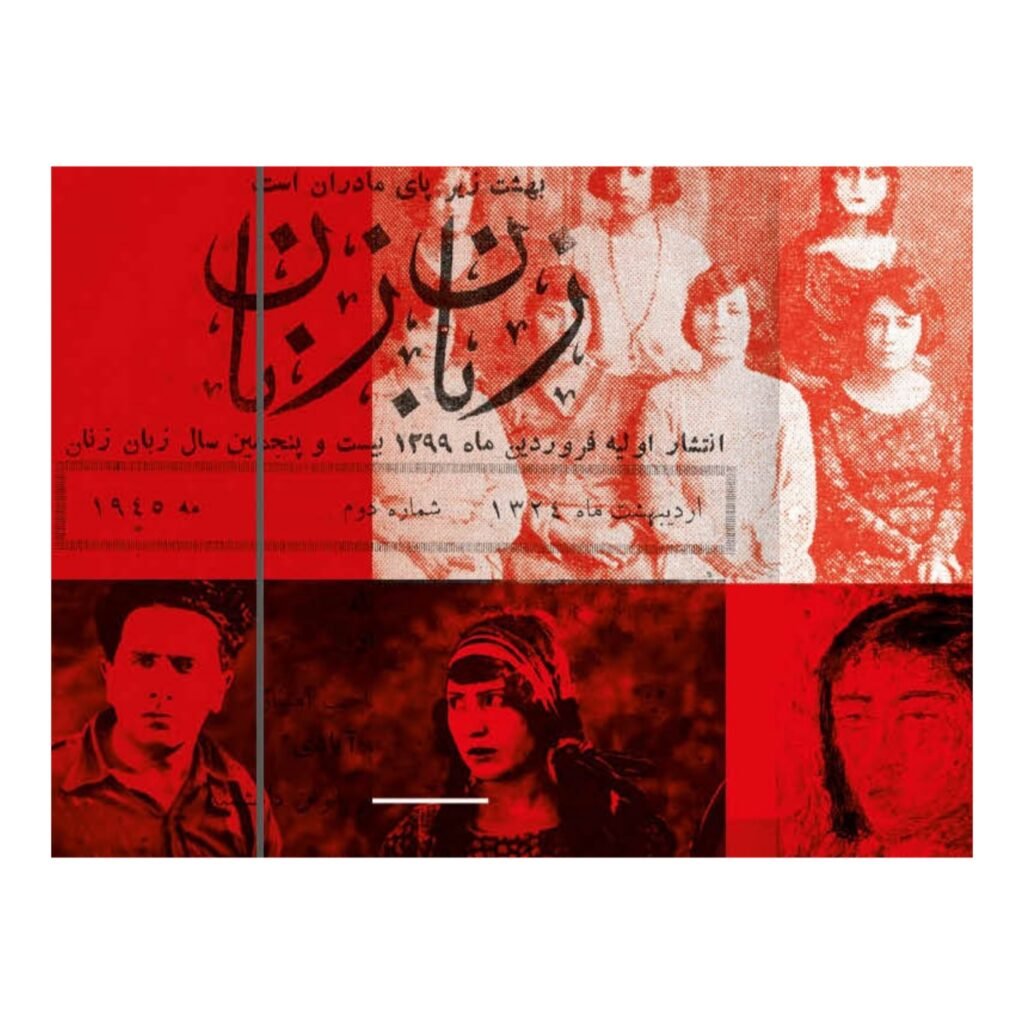
Iranian Women in a Century’s Frame
•
In the early 20th century, Iran’s neutrality in World War I was undermined as it became a battleground for Russian, British, and Ottoman forces, leading to social upheaval, famine, and epidemics. Post-war, Iranian women began advocating for their rights, exemplified by Sediqeh Dowlatabadi’s magazine “Zaban-e Zanan” and protests by the…
-
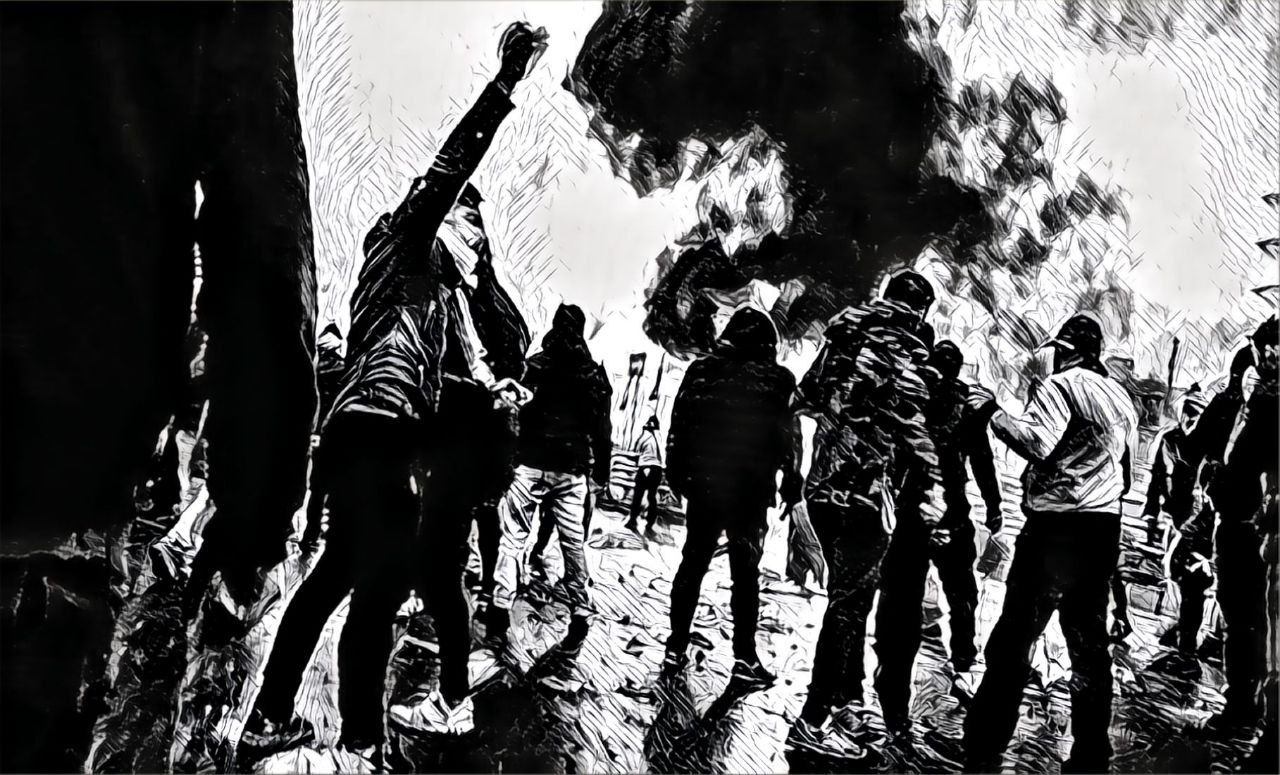
Street Power: The Islamic Regime’s Worst Nightmare
•
Once, Ali Khamenei, the leader of the Islamic Republic, said that he would not “surrender to street challenges.” This was during the days of the Green Movement when the streets were filled with protesters, and the government’s response was an iron fist and the killing of protesters in the streets.…
-
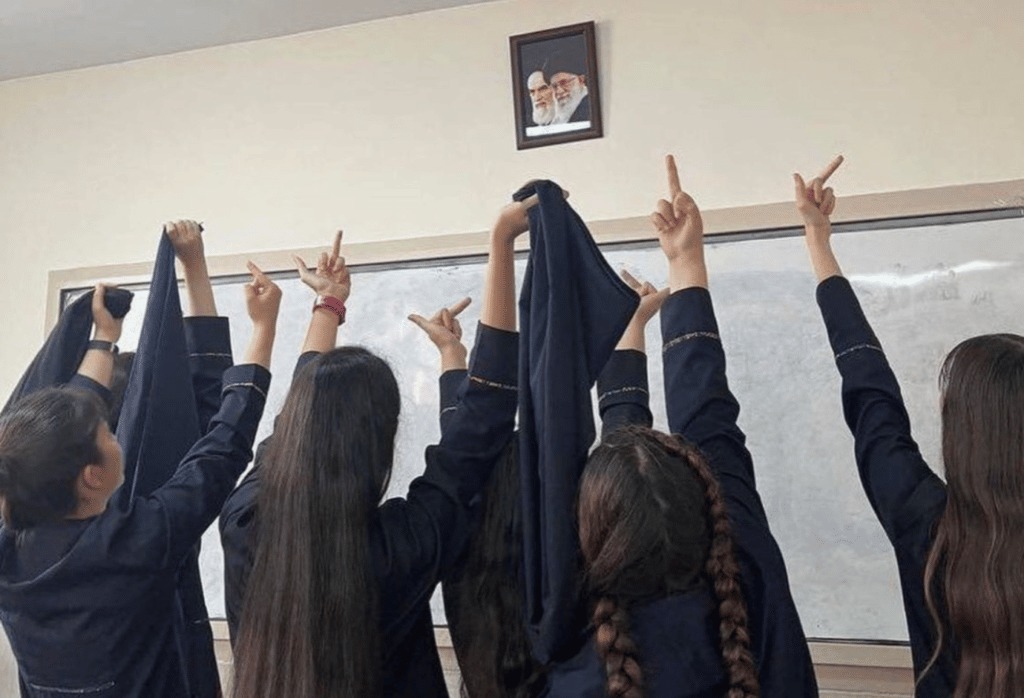
Iran’s Youth vs. Theocracy:
Iran After death of Raisi•
Raisi is dead. A killer of thousands of innocent people who were executed with just a few questions. Some of these questions were: Is the prisoner willing to condemn the Mojahedin organization and its leader? Is the prisoner loyal to the ideals of the Mojahedin organization? And for the leftist…
-
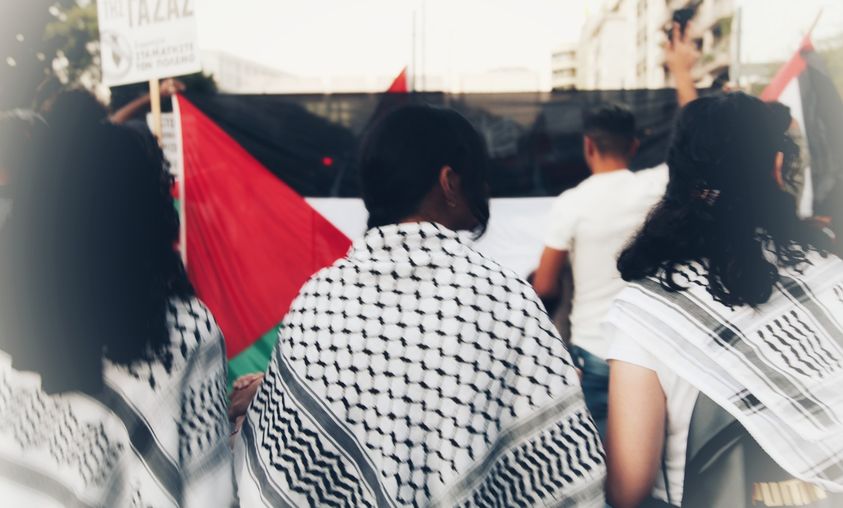
The Challenge of Anti-Fascism in Western Leftist Politics
•
The left-wing, while diligently opposing fascism domestically by promoting anti-racism, often falters internationally, owing to the intertwining of nationalism and religious fervor. Trotsky’s “uneven and combined development” elucidates this by revealing how variegated political and economic stages breed both progressive and reactionary ideals globally. Additionally, leftist factions in countries like…
-

Theology of Terror:
How Religion Fuels Genocide in Gaza•
When 100 days had passed since Hamas’s surprise attack on Israel on October 7, 2023, Abu Ubaida (Hudhayfah Kahlout), the spokesman for Hamas’s military wing, spoke in a televised message about the reasons for the “Al-Aqsa Storm” operation. One of these reasons was forgotten among the many news reports and…
-
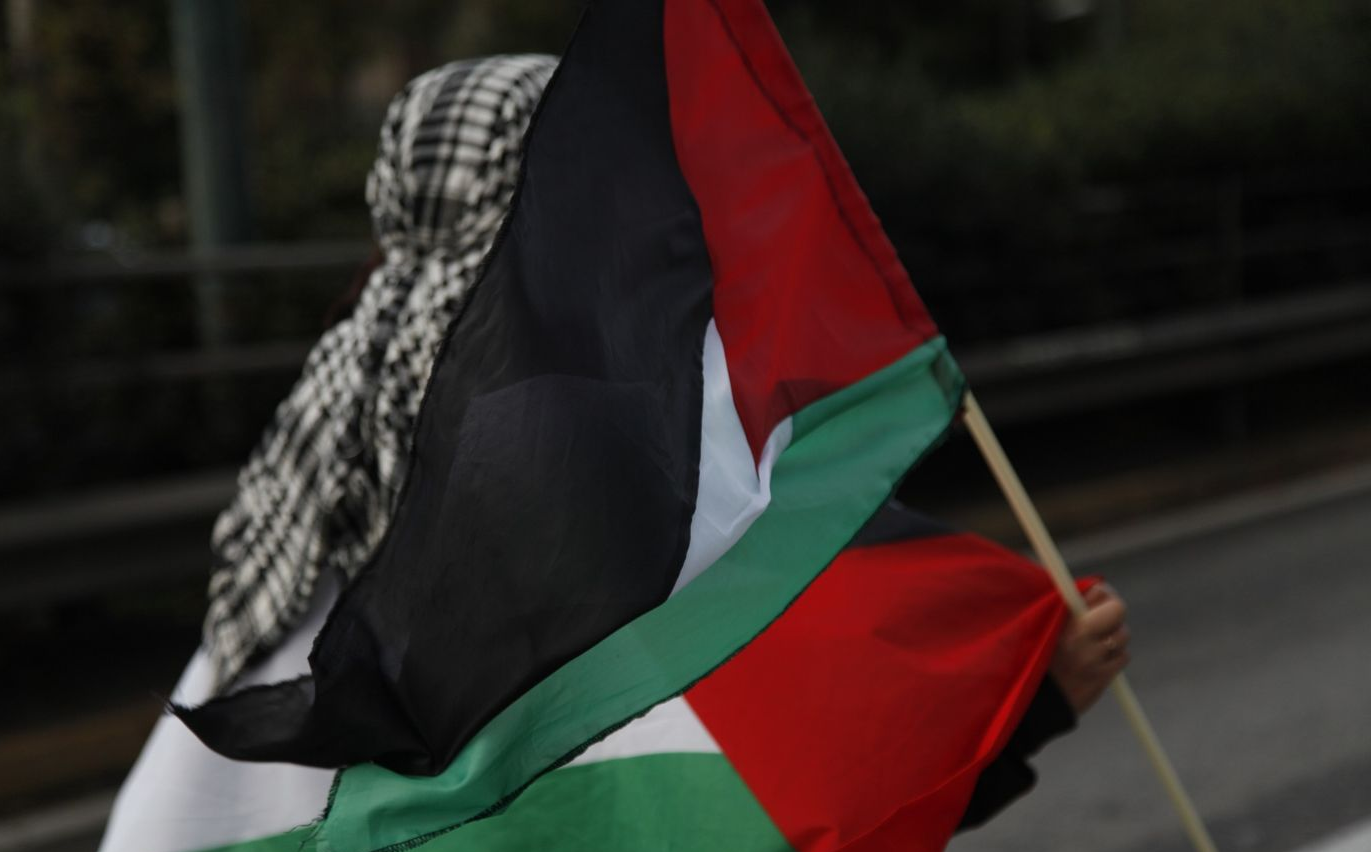
Palestine: Solidarity without Blind Spots
•
Marx’s analysis links primitive accumulation of capital and colonialism as two pillars of capitalist expansion, involving violent expropriation and exploitation tied to colonial ventures. This historical critique aligns with contemporary leftist debates in places like Greece, where the left grapples with anti-imperialist narratives and the ethical implications of alliances and…
-

Class Conflict and Redefining Socialism
•
The Islamic Republic is facing a crisis of hegemony; its political, economic, and cultural dominance is diminishing amidst internal discontent and defiance, particularly from the “Woman, Life, Freedom” movement. In contrast, Turkey exemplifies the decline of political Islam in a less autocratic context. Historical communism’s struggles inform current leftist nationalism…
-
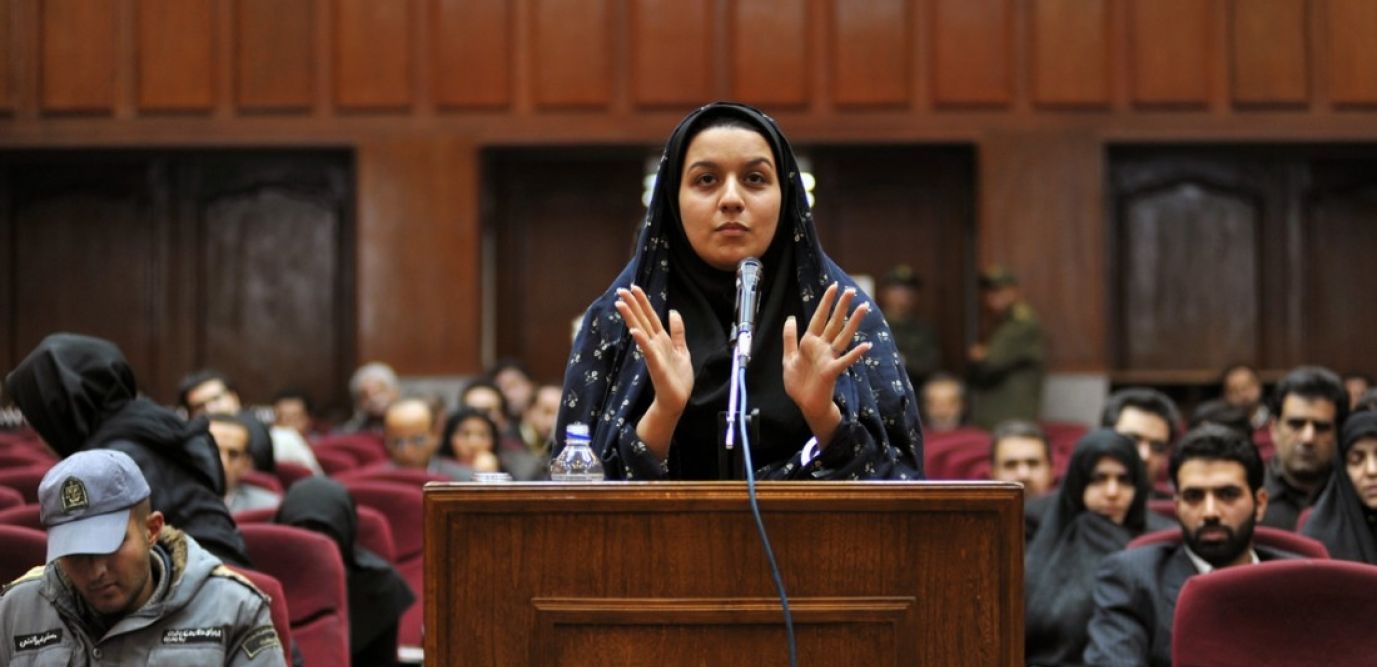
“Seven Winters in Tehran”, Fight for Saving Life
•
Documentary shock, “Seven winters in Tehran” by Steffi Niederzoll tells the story of Reyhaneh Jabbari, hanging for stabbing a man who wanted to rape her, and sheds light on the oppression of women in Iran. The production of “Seven Winters in Tehran,” co-produced by Germany and France, took more than…
-
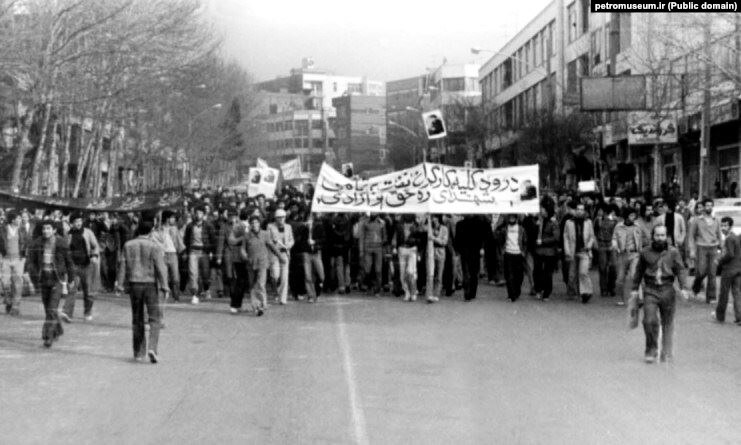
Foucault, Iran Revolution,
and the Question of Orientalism•
After several decades, we think that Western intellectuals in 1979 were mistaken about the Iranian Revolution, or, at best, were deceived by the words and behavior of Islamist who oppressed the revolutionaries and the “tricks” of the their leaders. But this is true? Can we add that these were intellectuals…




